California has long been at the forefront of cannabis regulation and innovation. From sunny Los Angeles to tech‑driven San Francisco and surf towns like San Diego, vape pens that contain THC oil have become widespread among adult consumers. But legality in the Golden State isn’t just about what’s on the label – it involves a complex mix of state law, local rules, public health efforts, and evolving hemp‑derived product bans. This article unpacks whether vape pens infused with THC oil are legal in California, how regulations differ between cannabis and hemp‑derived THC, what new state laws mandate, and what consumers and businesses need to know today.
Statewide Cannabis Legalization Framework
Since the approval of Proposition 64 in 2016, adults aged 21 and over can legally purchase and possess cannabis in California. State‑licensed dispensaries across cities such as Sacramento, San Jose, Oakland and Riverside are authorized to sell cannabis flower, edibles, tinctures and vape cartridges containing THC. Adults may carry up to one ounce of non‑concentrated cannabis or eight grams of concentrate, which includes THC oil in vape pens. Home cultivation of up to six plants is also permitted under local ordinances, though volatile solvents are prohibited for DIY extracts.
In essence, a THC vape pen sold by a licensed adult‑use dispensary in Los Angeles or Fresno, which contains delta‑9‑THC, is legal under state law so long as amounts remain within the permissible limits and strict packaging, labeling and safety standards are met.
Hemp‑Derived THC vs. Cannabis‑Derived THC
The distinction between cannabis‑derived THC and hemp‑derived THC products has become a central issue. Under federal law, hemp is defined as cannabis plants containing not more than 0.3 percent delta‑9‑THC by dry weight. Hemp‑derived cannabinoids like delta‑8 or delta‑9 extracted from hemp could be legal federally. However, California has taken a different approach.
In late 2024 California’s Department of Public Health, under an emergency regulation, banned all intoxicating hemp‑derived THC products, including vape pens, drinks and edibles, even if those products were legal federally. That ban was later extended into 2025 and may be made permanent. That means vape pens made from hemp‑derived THC sold in grocery stores or convenience shops are now illegal in California, regardless of their federal status. Meanwhile state‑licensed cannabis vape products remain legal.
What the Law Says Today
Today in cities like San Diego, Santa Rosa, and Long Beach, only THC vape pens sold through state‑regulated cannabis retail outlets are legal for adults 21 or older. Any vape pen product that derives THC from hemp and is sold outside the licensed framework—say, at a liquor store, gas station or traditional e‑commerce sellers—violates California’s emergency ban on hemp‑derived THC.
Packages for legal cannabis vape cartridges must display the universal cannabis symbol, proper disposal instructions, and may not use language suggesting disposability or recyclability. New rules require marketers to include messaging like “A spent cannabis cartridge shall be properly disposed of as hazardous waste at a household hazardous waste facility.” Vape pens must meet stringent testing for potency, purity, pesticides and residual solvents.
Why California Acted: Health Concerns and Industry Equity
Public health played a key role in shaping these rules. The 2019–2020 outbreak of vaping‑associated lung injury in the US was strongly linked to illicit THC vape cartridges containing vitamin E acetate and other additives. California regulators made clear that unregulated hemp THC products lacked oversight, quality testing and safety standards—thus posing risk to consumers.
Meanwhile, state‑licensed cannabis businesses argued that unregulated hemp THC products created unfair competition. Licensed dispensaries face high taxation, complex compliance requirements and environmental regulations, while hemp‑derived THC vapes could be sold cheaply in convenience stores. The emergency ban aimed to level the playing field in markets from San Francisco to Anaheim.
City‑Level Variations and Local Rules
Even though cannabis is legal statewide, cities and counties may impose additional restrictions. For example, San Francisco prohibits public cannabis consumption in many outdoor areas and restricts home cultivation to indoor use. Oakland, Sacramento and other municipalities may regulate retail storefronts or deliveries differently. Disposable vape pens containing battery‑embedded designs may face added restrictions under proposed legislation going into effect in 2026, which could ban new sales of single‑use, non‑refillable, battery‑embedded vape devices.
Common Misconceptions Clarified
Many Californians remain confused about hemp‑derived THC vape pens. A product labeled “hemp oil with THC” might look legal because hemp is federally allowed, but under California’s rules it is not lawful if intoxicating THC is present above trace amounts. Some believe that all THC vape pens purchased through online sellers are okay—but only purchases through licensed adult‑use dispensaries or medical‑cannabis outlets are legal in California.
Likewise, travelling with vape pens that contain THC—even between cities in California—is allowed only if products were acquired legally in the state and carried in amounts under state possession limits. Carrying THC tools onto federal lands like Yosemite or Sequoia National Park remains illegal, since federal law still prohibits cannabis.
What Consumers Should Know
Consumers in Los Angeles, San Diego or Sacramento looking to buy a THC vape pen should verify they purchase from a state‑licensed retailer. The packaging must include the official cannabis symbol, proper disposal instructions, and lab testing information. Users should avoid any vape pen labeled as hemp‑derived THC containing intoxicating amounts, even if marketed as delta‑8 or delta‑9 hemp—they are banned in California.
Using vaping devices from the informal market or non‑licensed online platforms poses health risks. Sealed, compliant cannabis products sold in state‑licensed shops undergo lab testing for purity and potency. Illicit or counterfeit vapes may contain additives like vitamin E acetate that have been linked to lung injury.
What Businesses Need to Follow
Cannabis businesses operating in San Francisco, Bakersfield or San Jose must adhere to newly effective packaging, labeling and marketing regulations. Advertising must include disposal messaging and cannot suggest the product is disposable or recyclable. Vape cartridge packages must prominently feature the universal cannabis symbol and list potency and safety information.
Retailers and manufacturers must dispose of spent cartridges as hazardous waste through appropriate facilities. Local city regulations may require additional permits or impose zoning limits on sales or consumption lounges. Businesses should track developments around proposed bans on disposable vape devices beginning in 2026.
Looking Ahead: What Changes May Be Coming
California is considering making the hemp‑THC ban permanent. The emergency regulation, originally enacted in September 2024, has already received extensions and remains in effect into mid‑2025. Once the rulemaking comment period ends, the ban may be formally adopted as permanent, further restricting hemp‑THC vape pens.
The legislature is also weighing rules to eliminate sales of single‑use disposable battery‑embedded vape pens entirely by 2026. If enacted, vendors of these devices—even if cannabis‑derived—will need to shift to reusable or refillable models.
As consumer appetite for cannabis cafés expands—under reforms like AB 1775—California may see licensed cannabis lounges where vape pens are consumed. Each city will decide whether to allow such venues, and only properly licensed products may be consumed on‑site.
Summary of What the Law Means
In short:
- Vape pens containing THC oil derived from state‑licensed cannabis sources are legal in California for adults 21+ when purchased from licensed dispensaries.
- Hemp‑derived THC vape pens—even if legal federally—are banned under California emergency regulations if sold outside the state‑licensed cannabis system.
- New regulations mandate labeling, packaging standards, and proper disposal messaging for licensed cannabis vape products.
- Local rules in cities across California may further limit public consumption, retail zones or home cultivation.
- Health concerns tied to illicit vape cartridges, plus efforts to protect regulated cannabis businesses, drove recent rules.
- Consumers and businesses must stay alert: newer legislation may ban single‑use devices and cement the hemp‑THC ban.
Conclusion: Navigating Legal THC Vape Pens in California
California’s approach to THC vape pens reflects a balancing act: supporting legalization under Proposition 64 while protecting consumers and an already taxed, regulated industry. If you live in or visit cities across the state—from San Diego to Oakland or Fresno—only vape pens obtained through state‑licensed cannabis retailers comply with California law. Any hemp‑derived THC oils sold in everyday stores are now illegal and may expose consumers to legal or health risks.
As the regulatory landscape evolves, staying informed will be essential—city by city and year by year. Local rules, emergency regulations, and proposed bans (including potential restrictions on disposable devices by 2026) may impact what’s legal to buy, use, or sell. If in doubt, stick with state‑regulated cannabis retailers and verified products that meet California’s rigorous safety and labeling standards.
Additional Guidance for Readers
Whether you’re consuming or selling THC vape products in the Golden State, here are some practical tips:
- Always check dispensary licensing and product packaging for the official cannabis symbol and lab‑tested potency labels.
- Avoid buying hemp‑derived THC vape cartridges in grocery stores, gas stations, or online shops shipping into California.
- Stay within legal possession limits—up to eight grams of concentrated cannabis per day for adult recreational users.
- Use designated, approved hazardous waste collection sites to dispose of spent cartridges.
- Pay attention to local city regulations—some cities may ban on‑site consumption, retail storefronts or limit home growing.
- Watch for upcoming laws about disposable vape bans beginning in 2026 or permanent restrictions on hemp‑derived THC.
With awareness and care, adults can safely navigate legal THC vape pen use in California while staying on the right side of evolving regulations.

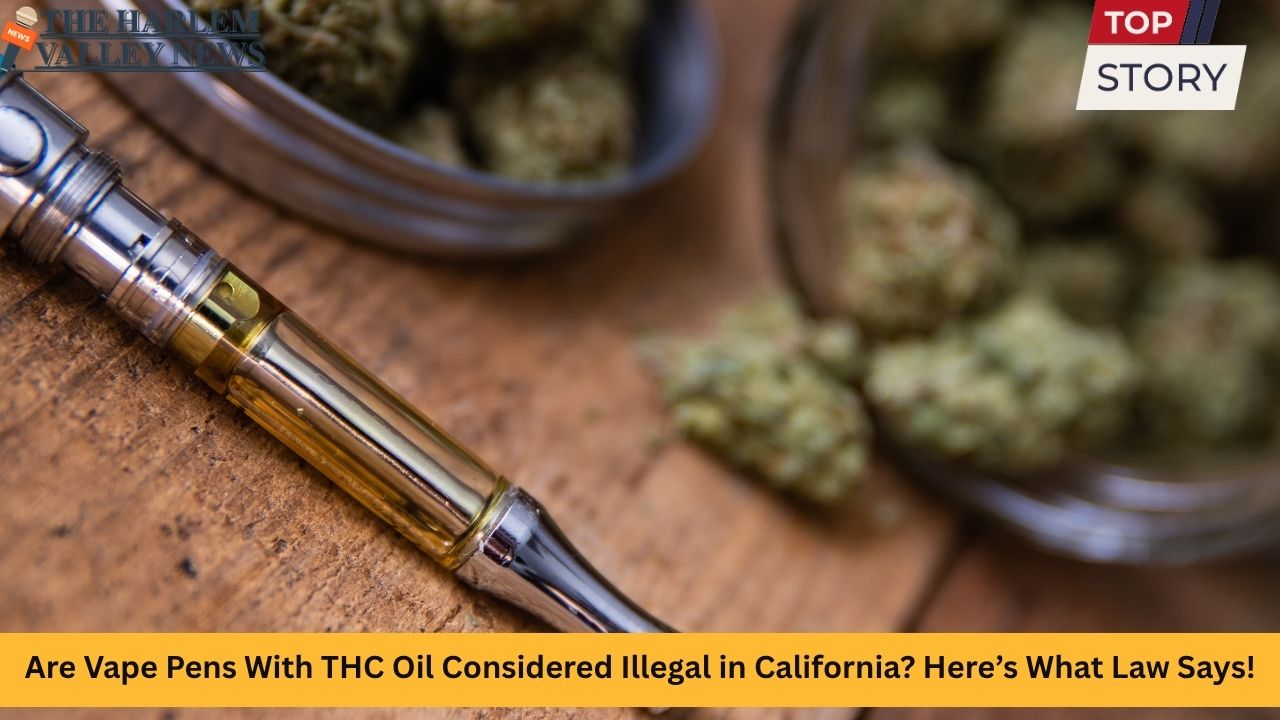
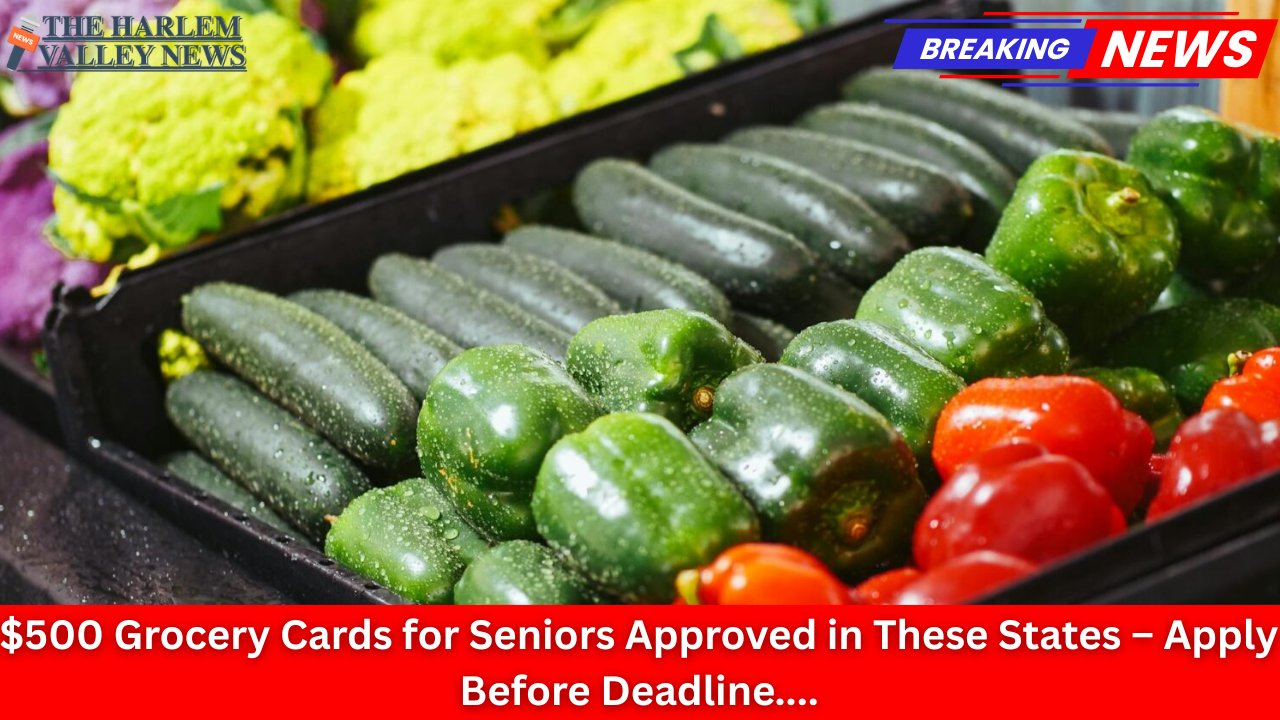
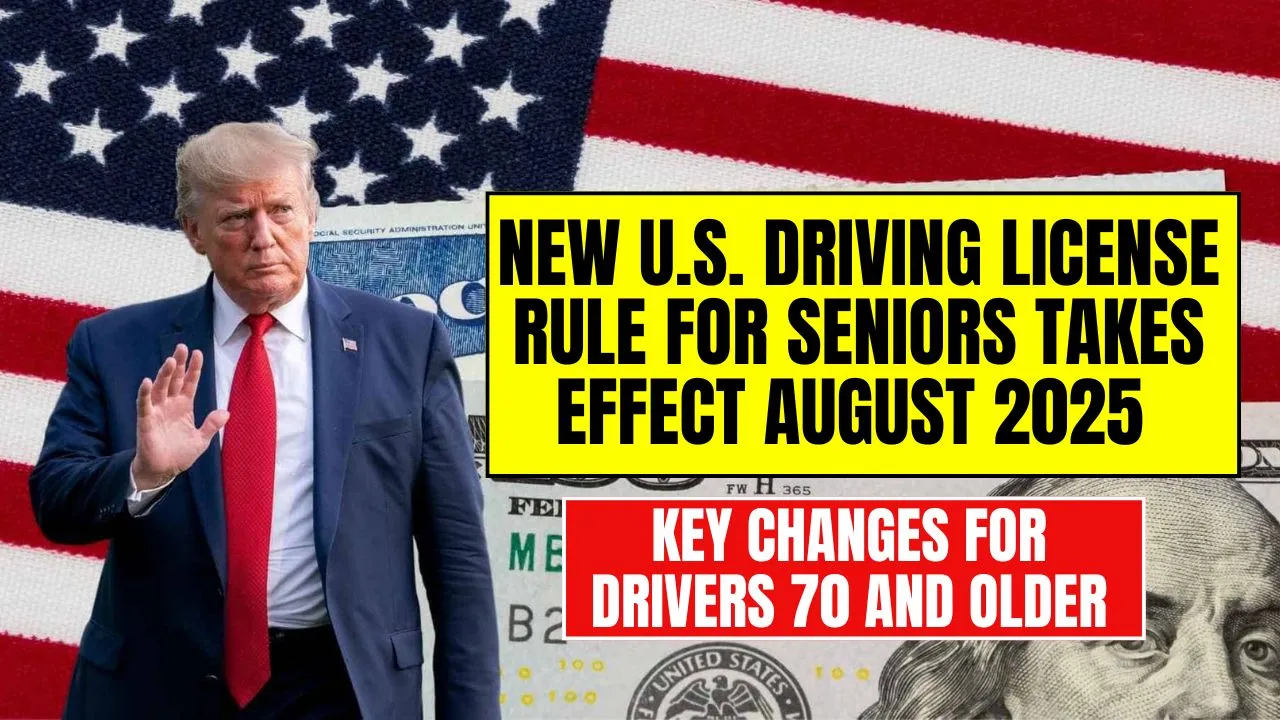



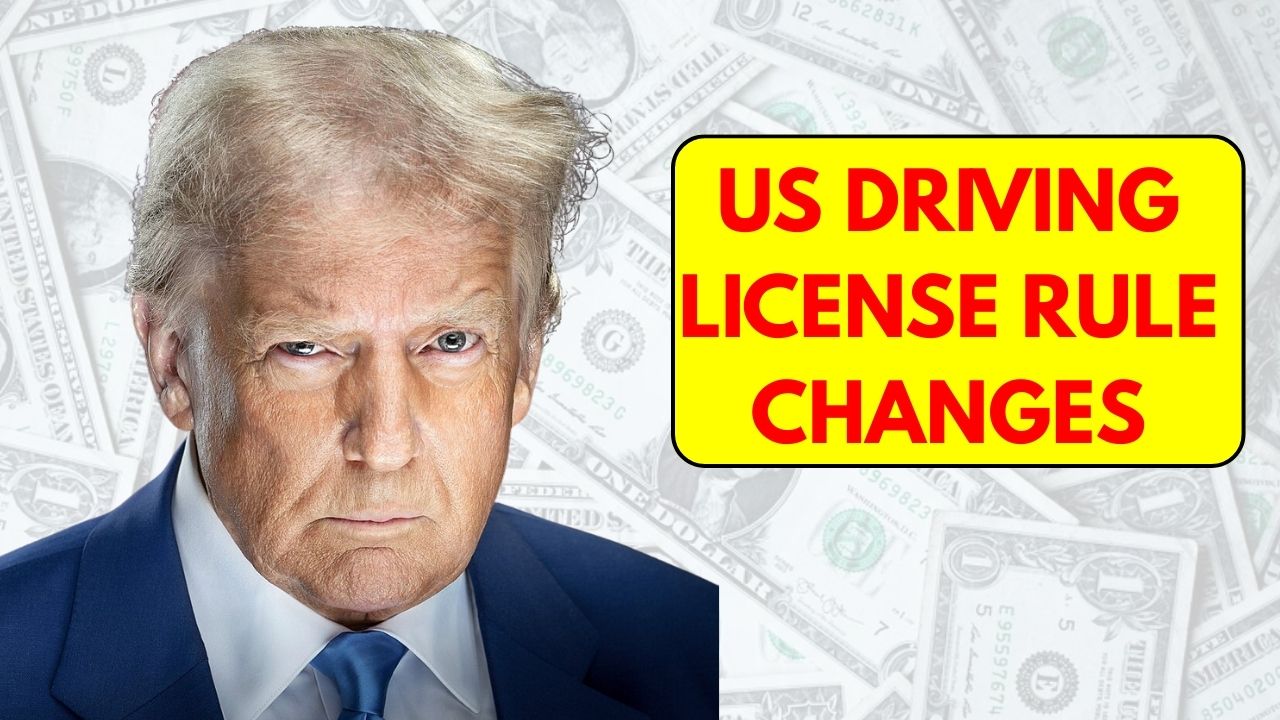
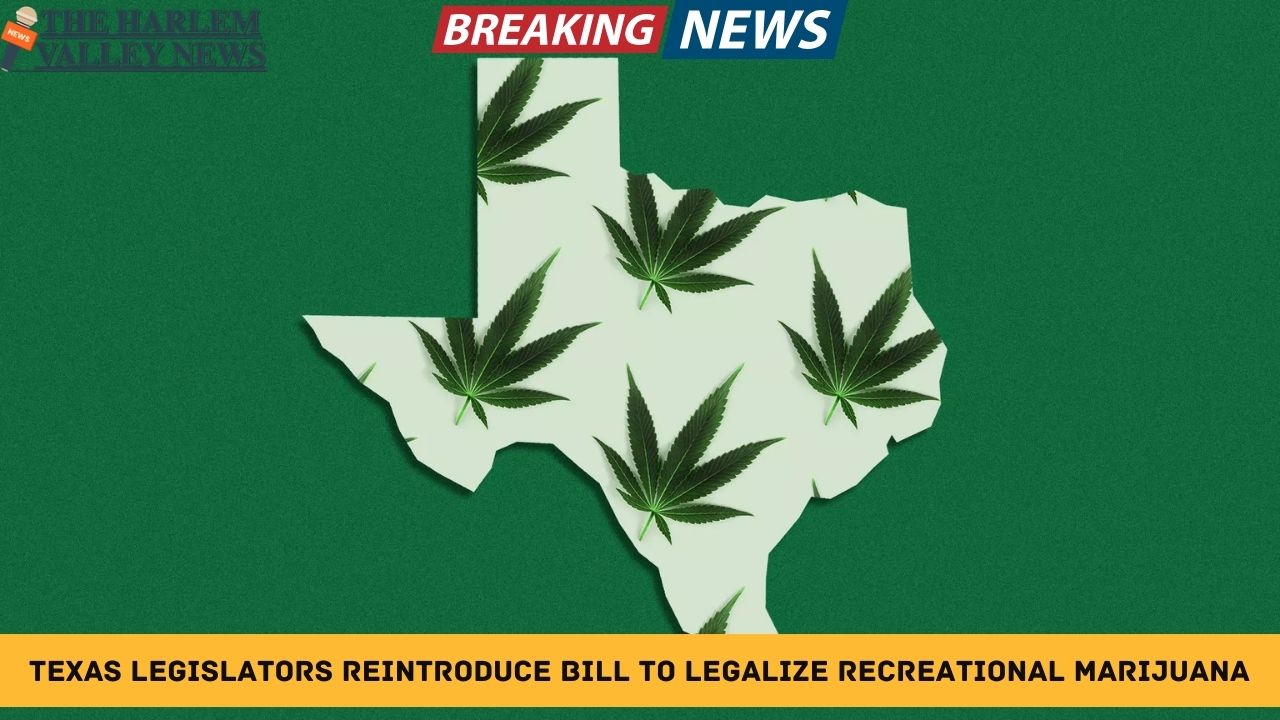
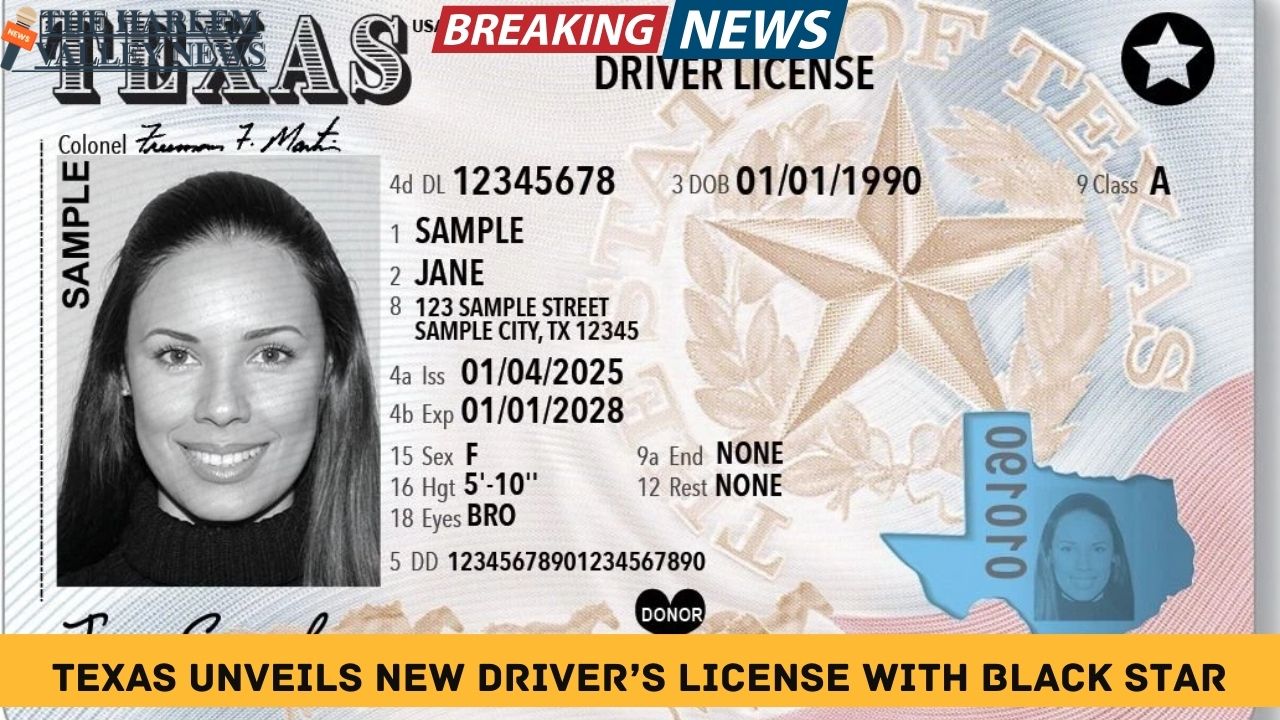

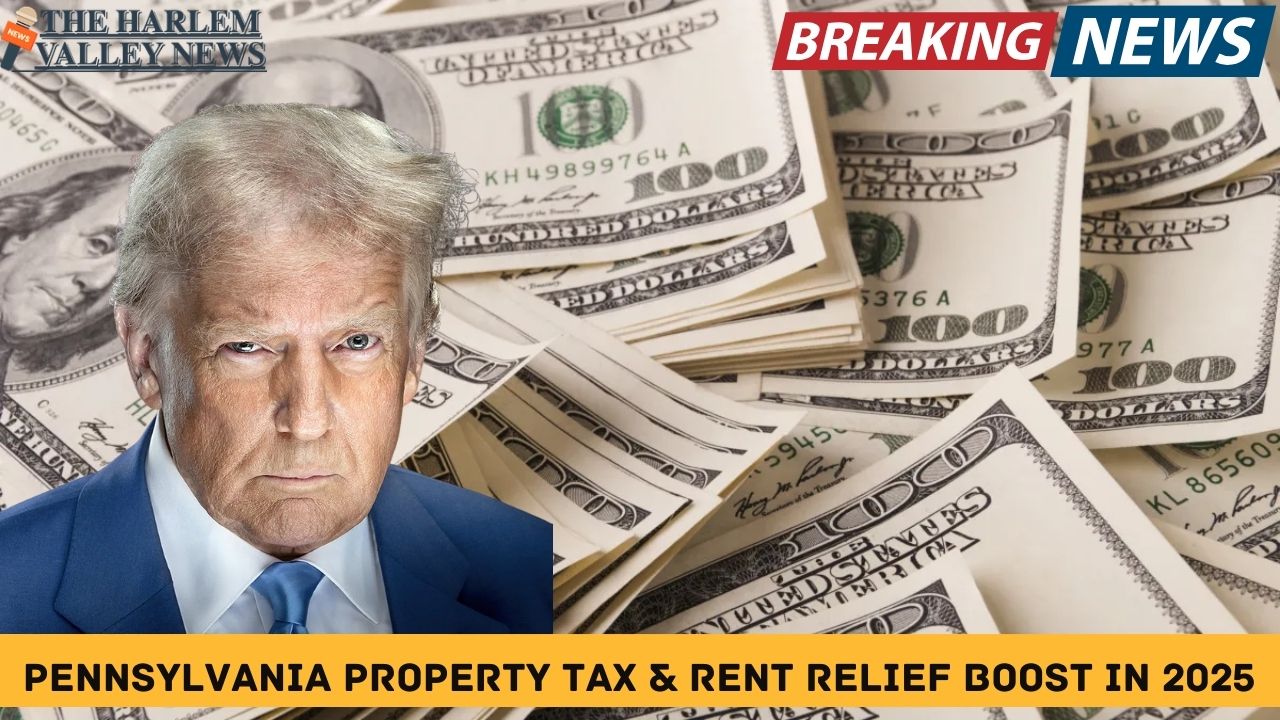


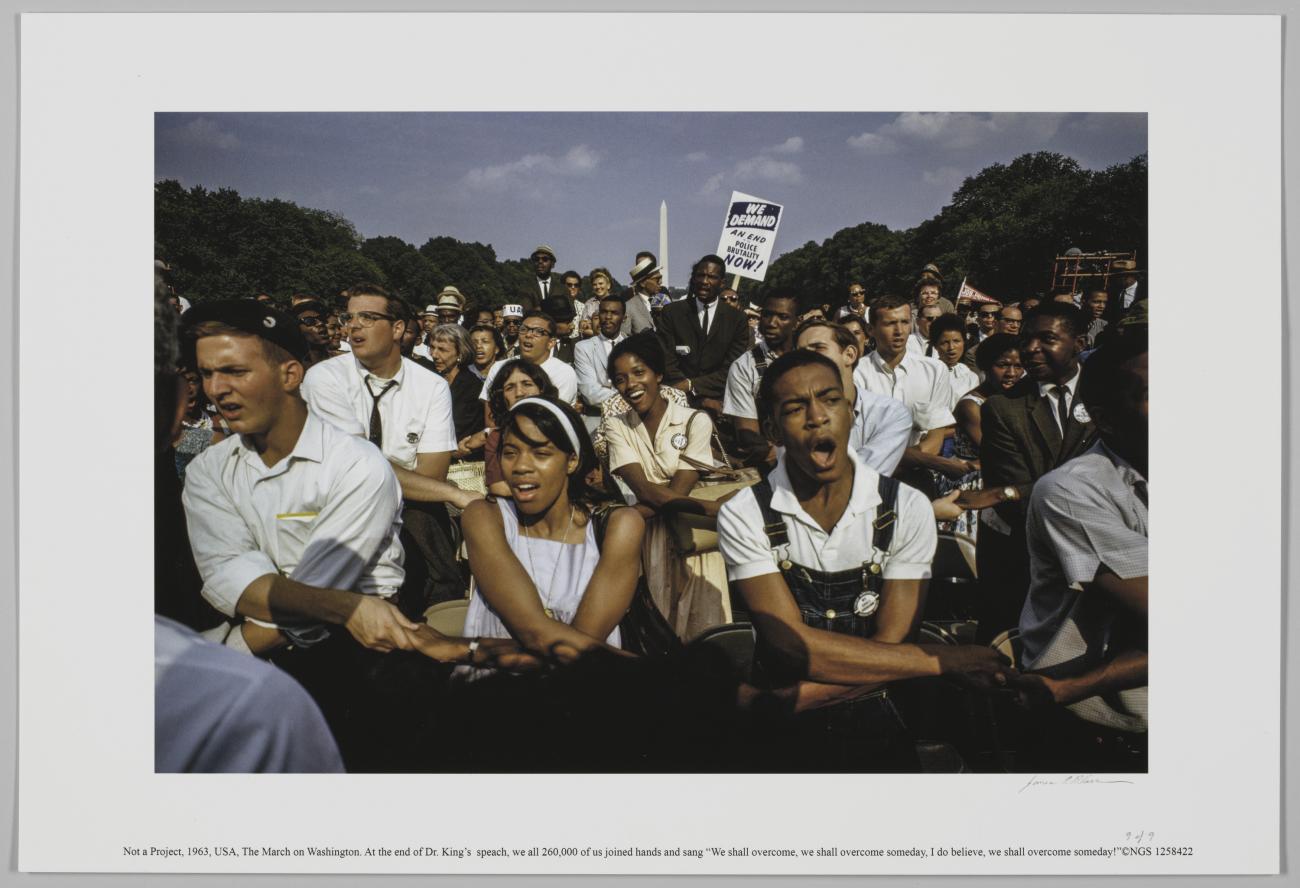

Leave a Reply